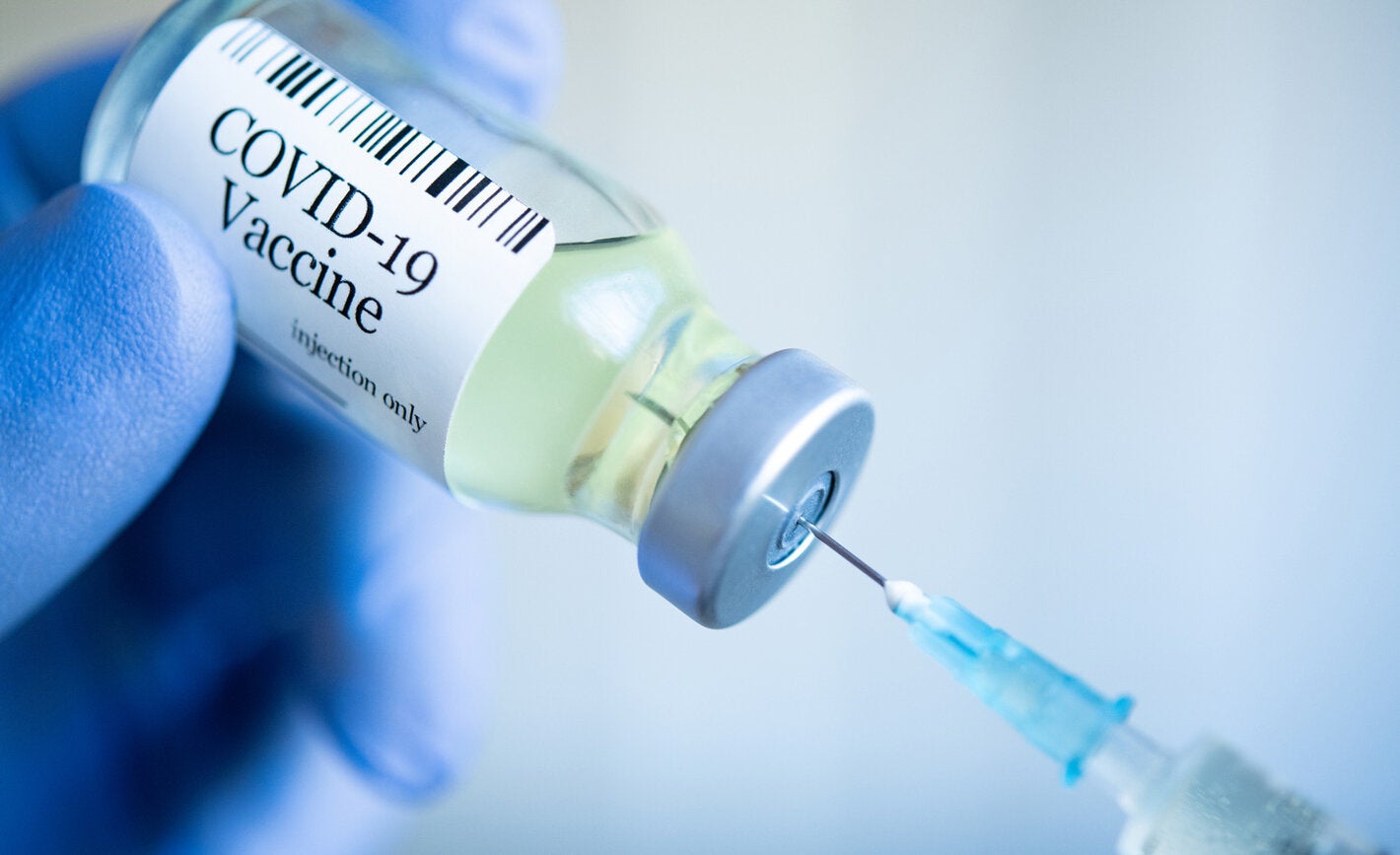
The Biden administration has announced that, effective November 8, it will begin readmission of aliens to the United States, provided that they are fully vaccinated. This raises two questions:
- Presumably, “fully vaccinated” means either that they have received the single-dose Johnson & Johnson vaccine, or both initial and follow-up doses of the Pfizer or Moderna vaccines. But what about the “off-brands”, such as China's Sinovac-produced vaccine, which has only a nominal 51 percent effecacy rate at preventing Covid-19, and which is purportedly markedly less effective against the Delta variant?
- How will U.S. consular or border officers know whether the document being presented is legitimate?
If there is one constant feature for those in the business of administering the nation's immigration laws, it is the presence of massive amounts of fraud where documents are concerned. And globally it is a certainty that there is neither standardization, nor much in the way of anti-counterfeiting security safeguards built into today's Covid vaccination documents. Even here in the U.S., the CDC card used to document proof of vaccination is simply a piece of printed cardstock with no security features to speak of. What’s more, because a wide variety of state and local governments, as well as private enterprises such as pharmacies, have filled the cards out, there isn't even standardization in the way a legitimate card looks once it is endorsed.
U.S. consular officers serving in embassies and consulates abroad may develop a fair idea of what is good or bad when being presented with ostensible proof of vaccination at the time an alien applies for a visa, at least for the country in which they are stationed. But what about aliens presenting themselves to U.S. consular officers stationed in a country that is not the aliens' country of origin or nationality?
Remember also that hundreds of thousands of aliens abroad already possess multiple-entry, multi-year visas and so can sidestep the visa-application process (and therefore consular interviews) entirely. It will be no big thing for them to present counterfeit (or corruptly procured) proof of vaccination, if they are so inclined.
Finally, keep in mind that 40 countries are participants in the Visa Waiver Program, meaning that their citizens and nationals may enter the United States without a visa. Functionally, this means that the first time any U.S. officer will have a chance to determine whether these aliens are “fully vaccinated” is after they arrive at a port of entry — usually after having spent hours sealed in an airplane with other passengers sharing the same recirculated air. Inspectors from Customs and Border Protection will have a difficult time of it in determining fraud — whether by counterfeiting or alteration of documents — when there is absolutely no standardization of vaccine proofs, and given that they may very well be in a language incomprehensible to the inspecting officer, who will have mere seconds to make a decision.
We must recognize that, sooner or later, U.S. consular and border officers will have to confront this dilemma. But we must also ask: At this point in time, what forethought has gone into training these officers, what regimens will they follow, and what is the U.S. doing to push for standardization of vaccine records, including the establishment of benchmark security features to reduce opportunities for fraud? Will our officers be adequately prepared for the November 8 deadline? The health and security of the United States depends on the answers to these questions.
